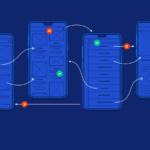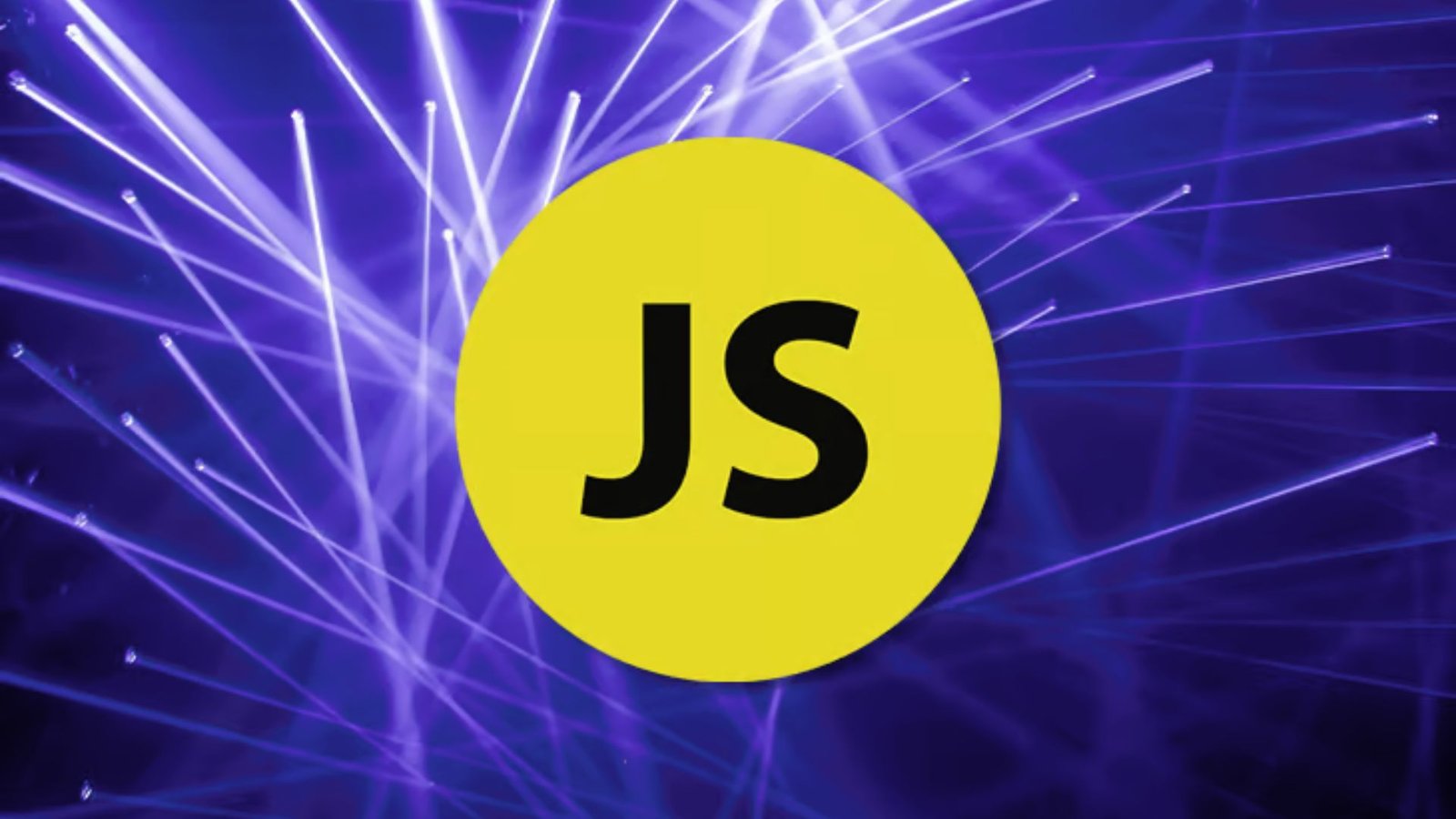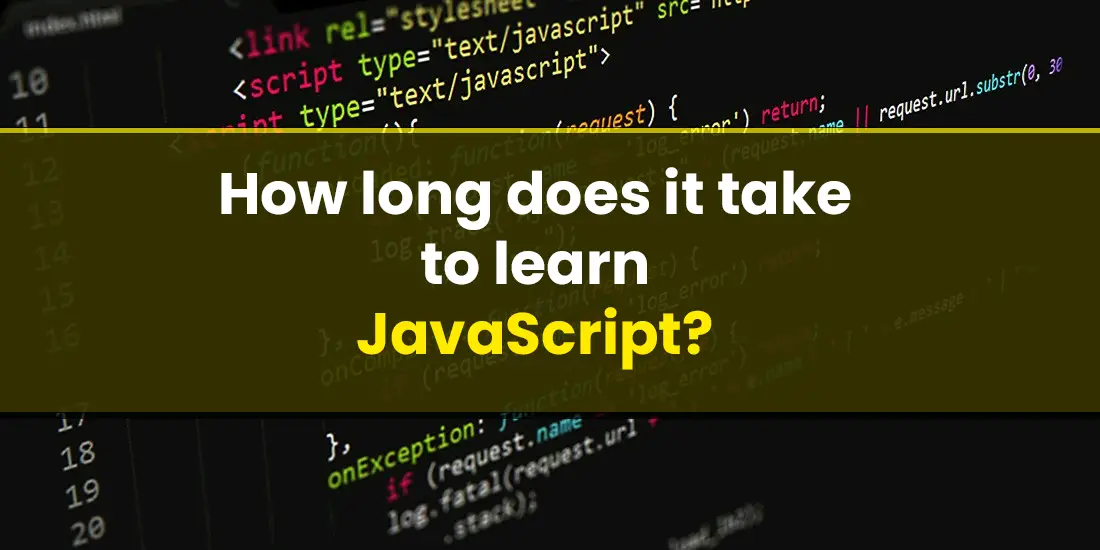Custom events in JavaScript enable developers to create and dispatch their events, enhancing code modularity and reusability. Let’s give you ways how to effectively implement custom events within your JavaScript applications, covering the creation, dispatching, handling, and practical use cases.
Introduction to Custom Events in JavaScript
Custom events in JavaScript provide a powerful mechanism for developers to define and manage application-specific events beyond the standard browser events. By creating custom events, developers can facilitate better communication between different parts of their applications and enhance code organization.

Creating Custom Events
To create a custom event in JavaScript, you utilize the CustomEvent constructor. This constructor allows you to define the event type and specify any additional data (payload) that should accompany the event.
Dispatching Custom Events
Once a custom event is created, you can dispatch it using the dispatchEvent method on any DOM element or a specific JavaScript object. Dispatching an event triggers its execution, allowing registered event listeners to respond accordingly. This asynchronous behaviour is integral for managing application state and user interactions effectively.
Handling Custom Events
To handle custom events, you attach event listeners to the target elements or JavaScript objects using the addEventListener method. Event listeners are functions that execute in response to a specific event being dispatched. This approach ensures that your application responds dynamically to user actions or internal state changes.
Benefits of Using Custom Events
Modular Code Design
Custom events promote modular code design by decoupling components within your application. This separation of concerns allows different parts of your codebase to communicate without direct dependencies, leading to cleaner and more maintainable code.
Improved Reusability
By defining custom events for specific actions or updates, you enhance code reusability across different sections of your application. Components can be easily integrated or reused in other projects without modifying their internal logic, leveraging the power of event-driven architecture.
Enhanced Debugging and Testing
Custom events facilitate easier debugging and testing processes. You can simulate different scenarios and interactions by dispatching custom events programmatically, enabling comprehensive testing of event-driven functionalities without relying solely on user inputs.
Practical Use Cases
Form Validation
Implement custom events to validate form inputs dynamically as users interact with input fields. Dispatch events to trigger validation checks and update error messages or styling based on input validity, enhancing the user experience during form submission.
State Management in SPA
In single-page applications (SPAs), custom events to manage application state changes efficiently. Dispatch events to notify components about state updates, ensuring consistent UI rendering and data synchronization across different views.
Component Communication
Facilitate communication between loosely coupled components by employing custom events. Components can exchange data or trigger actions based on specific events, promoting a flexible and scalable architecture for complex web applications.
Best Practices for Using Custom Events
Define Clear Event Names
Use descriptive event names that reflect the purpose or action associated with the event. Clear naming conventions enhance code readability and understanding, making it easier for developers to maintain and extend the event-driven architecture.
Document Event Usage
Document the custom events used within your application, including their intended purpose, payload structure, and event propagation details. Comprehensive documentation ensures that developers can utilize and extend custom events effectively across different project phases.
Security Considerations
Prevent Event Pollution
Avoid overusing custom events to prevent event pollution within your application. Use events judiciously and prioritize standard event mechanisms for common browser interactions to maintain code simplicity and performance.
Conclusion
In conclusion, custom events in JavaScript offer a flexible and efficient solution for managing application interactions and state changes. By following best practices and leveraging the CustomEvent API, developers can enhance code modularity, improve reusability, and streamline event-driven communication within their JavaScript applications.











